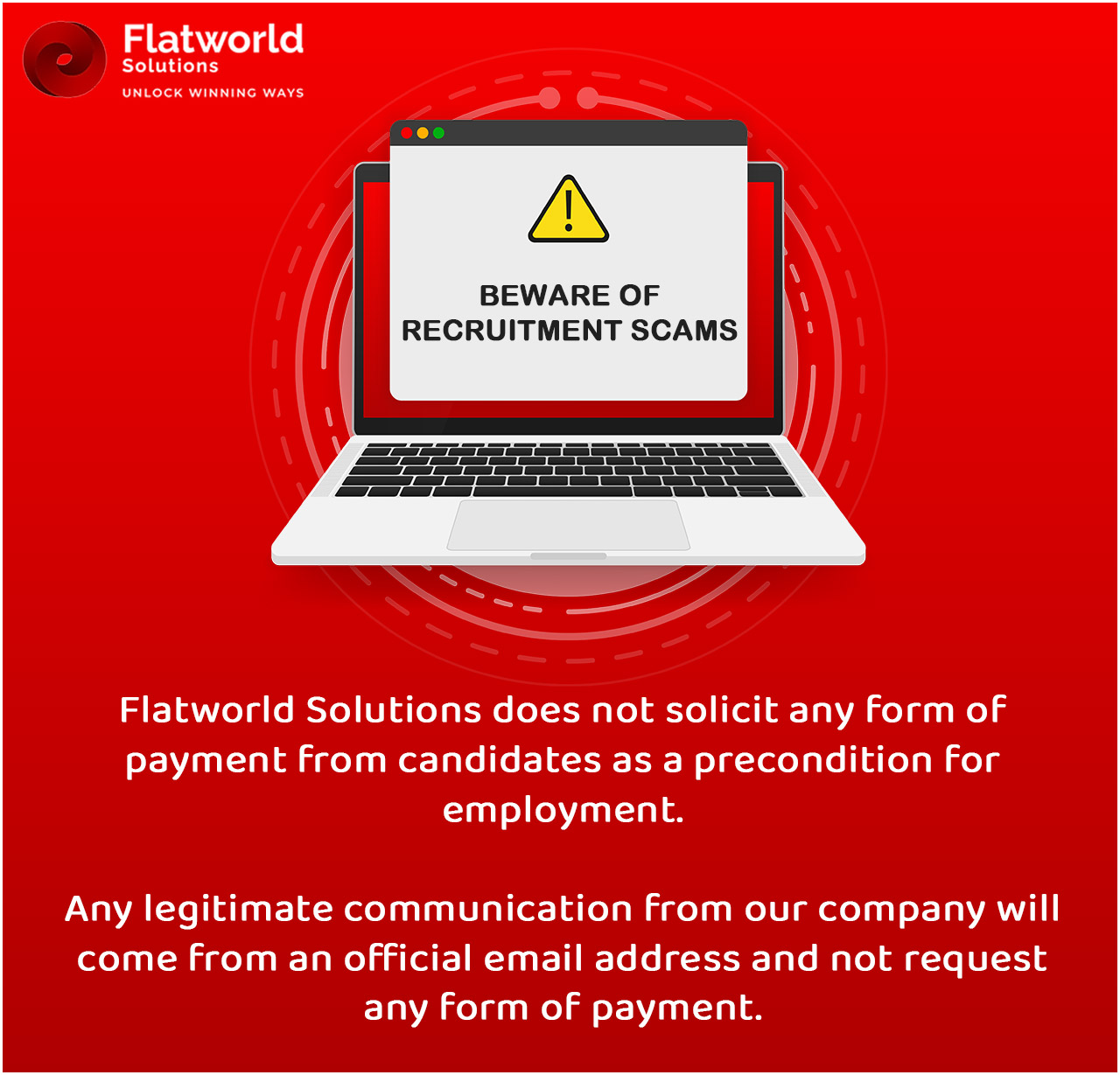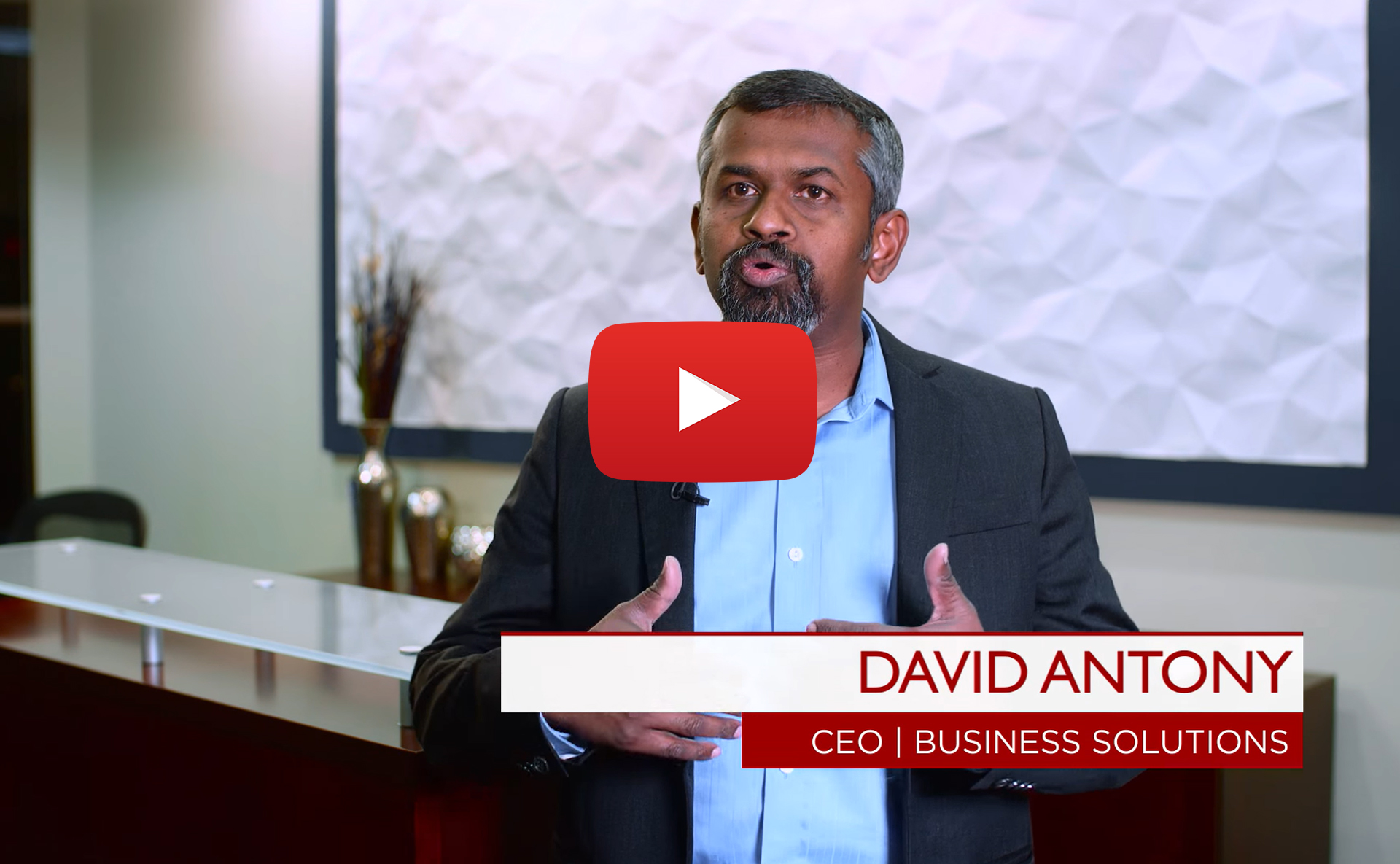Virtual Reality (VR) is more than just an emerging technology; it is a game-changer across multiple business sectors. With the global VR market projected to reach $20.9 billion by 2025, its adoption is accelerating at an unprecedented pace. From revolutionizing healthcare and manufacturing to transforming retail and entertainment, VR is reshaping business operations and strategies.
Advanced hardware, sophisticated software, and enhanced connectivity are driving this evolution, making VR an indispensable tool for companies aiming to stay competitive. IDC reports that enterprise spending on VR was $7.1 billion in 2020 and is expected to reach $28.8 billion by 2024. This backdrop sets the stage for exploring how VR is transforming businesses.
This article delves into the multifaceted impact of VR on business, examining its strategic importance, industry-specific applications, and future potential.
Market Growth and Technological Advancements: VR and Its Business Uses
The rapid expansion of the VR market is a testament to its growing relevance. Industries such as healthcare, retail, and manufacturing are leading the charge in adopting VR technologies. The tech landscape is evolving at an unprecedented rate, thanks to developments in 5G and edge computing, which enable real-time data processing and more immersive experiences.
Advanced hardware like Oculus Rift and HTC Vive, coupled with robust development platforms such as Unity and Unreal Engine, are making VR more accessible and effective. These advancements are setting new benchmarks for what VR can achieve in the business world.
-
The Strategic Importance of VR
VR enhances customer experiences, operational efficiency, and brand differentiation. Virtual showrooms, for example, have increased customer engagement by 40%, as evidenced by IKEA's successful implementation. Companies that leverage VR for marketing and customer interaction are gaining a competitive edge, while VR training programs in manufacturing have been shown to improve employee performance by 70%.
-
How is VR Altering Business Models and Strategies?
VR is enabling new business models such as VR as a Service (VRaaS), offering scalable solutions and subscription-based access to VR content. Remote collaboration through VR-enabled workspaces reduces travel costs and environmental impact. In retail, VR is redefining e-commerce with virtual try-ons and personalized shopping experiences, driven by data analytics and consumer behavior insights.
-
Revolutionizing Healthcare: From Diagnostics to Treatment
VR is making waves in healthcare, particularly in medical training and patient care. According to the Journal of the American Medical Association, VR training simulations have reduced medical errors by 45%. VR is also being used for mental health treatments, pain management, and enhanced diagnostic capabilities, including remote consultations and virtual clinics.
-
The Future of Manufacturing: Efficiency and Precision
Manufacturing is benefiting from VR through process optimization, safety training, and predictive maintenance. VR-based design and prototyping are reducing time-to-market, while immersive safety training scenarios are helping to minimize workplace accidents. Predictive maintenance using VR for remote equipment monitoring reduces downtime and maintenance costs.
-
Real Estate and Architecture: Beyond Physical Boundaries
Virtual property tours and architectural visualizations are transforming the real estate industry. These technologies increase buyer engagement and expedite decision-making. VR also facilitates real-time collaboration between architects and clients, reducing costs associated with physical staging and travel, and streamlining project management.
-
Retail Reinvented: The Consumer Experience of Tomorrow
VR is revolutionizing the retail sector by offering immersive shopping experiences and real-time product customization. Virtual stores provide personalized shopping journeys, increasing customer satisfaction and loyalty. VR analytics offer deep insights into consumer behavior, enabling data-driven marketing strategies and targeted campaigns.
-
Entertainment and Media: Crafting Immersive Experiences
The entertainment industry is harnessing VR for interactive storytelling and virtual events. Immersive experiences lead to higher viewer retention and engagement. VR concerts and events are expanding audience reach and creating new monetization opportunities through virtual ticket sales and sponsorships. Content creation tools in VR are fostering collaboration between creators and audiences.
-
Next-Generation Training and Workforce Development
VR is transforming employee onboarding, skill development, and compliance training. Immersive VR onboarding programs accelerate acclimatization and improve retention rates. Continuous skill development through VR modules offers real-time feedback and performance tracking. VR compliance training enhances engagement and knowledge retention.
-
Customer Experience Reimagined: Immersive Engagement and Loyalty
VR creates tailored customer journeys and interactive support experiences. Immersive customer support reduces resolution times and increases satisfaction. VR fosters deeper emotional connections with customers, enhancing brand loyalty and advocacy.
-
Streamlining Product Development and Innovation
VR is streamlining product development through rapid prototyping and collaborative innovation. Real-time testing and iteration in virtual environments reduce development time and costs. Cross-functional teams can collaborate seamlessly in VR spaces, accelerating innovation cycles and improving product quality. VR also facilitates virtual focus groups and market testing, providing data-driven insights for product development.
-
Investment Dynamics - Cost, Benefit, and ROI in VR Integration
While the initial investment in VR hardware and software can be high, the long-term benefits often outweigh the costs. VR enhances operational efficiency, reducing errors and downtime. ROI metrics such as increased productivity and customer engagement demonstrate the value of VR. Case studies highlight successful VR integrations and their financial impact.
-
Market Trends: Current Landscape and Future Projections
The VR market is poised for continued growth, driven by technological advancements and diverse applications. Emerging markets and new use cases are expanding the demand for VR. Integration with other technologies like AI and IoT is enhancing VR's capabilities. Real-world examples illustrate how VR is driving business value across industries.
-
Overcoming Technological Hurdles and Scalability Issues
Addressing hardware limitations and improving user comfort are crucial for wider VR adoption. Ensuring software compatibility and developing standardized protocols enhance interoperability. Scalability is achieved through leveraging cloud computing and edge technologies, enabling large-scale VR deployments.
-
Addressing Economic Barriers and Investment Risks
Balancing high upfront costs with long-term benefits is essential for VR adoption. Developing cost-effective solutions for small and medium-sized businesses can broaden market access. Mitigating risks through pilot programs and leveraging data analytics for informed decision-making are effective strategies. Exploring funding options and government incentives can facilitate VR adoption.
-
Ethics in VR: Privacy, Security, and User Well-being
Implementing robust data privacy protocols ensures compliance with regulations like GDPR and CCPA. Protecting VR systems from cyber threats through secure authentication and data encryption methods is critical. Addressing user health and safety concerns related to prolonged VR use and ensuring ergonomic designs promote safe usage.
-
Emerging Technologies and the Future of VR
The integration of AI with VR is enhancing personalized content and adaptive learning systems. Advancements in spatial computing are creating more immersive experiences, while the fusion of AR and mixed reality (MR) is enabling hybrid environments. Biometric feedback is used for adaptive VR experiences, increasing user engagement and interactivity.
-
VR in Remote Work and Virtual Economies
VR is revolutionizing remote work by enabling immersive virtual workspaces that enhance collaboration and productivity. The development of virtual marketplaces and economies presents new monetization opportunities through virtual goods and services. These innovations are reshaping business models and creating new economic potential.
-
Societal Impact - Workforce Shifts and Changes in Consumer Behavior
VR adoption is driving shifts in workforce dynamics, with new skill requirements and job roles emerging. Changes in consumer behavior are driven by immersive experiences, leading to increased demand for personalized and interactive content. These societal impacts are reshaping how businesses engage with consumers and manage their workforce.
-
Synthesizing Insights and Strategic Recommendations
The impact of VR on various industries and business processes is profound. Strategic recommendations for leveraging VR include adopting scalable solutions, investing in continuous innovation, and prioritizing user experience. The long-term implications of VR adoption highlight its potential for driving business growth and transformation.
Businesses should adopt VR to enhance operational efficiency, improve customer engagement, and drive innovation. Emphasizing sustainable practices through VR can reduce environmental impact and promote responsible business operations.
The Conclusion
When selecting a Virtual Reality (VR) services company, businesses should evaluate several key factors. Assess the company’s expertise and experience in your specific industry, ensuring a proven track record relevant to your needs. Examine the range and quality of VR solutions offered, such as training simulations, customer engagement tools, or product development platforms.
Consider the technological capabilities and innovation of the provider, focusing on the use of AI integration, 5G connectivity, and spatial computing. Prioritize scalability and ongoing support to ensure the VR solutions can grow with your business. Pay attention to user experience to ensure high adoption rates among employees and customers.
Lastly, evaluate the company’s commitment to data security and compliance with privacy regulations like GDPR and CCPA. By considering these factors, businesses can make informed decisions and effectively leverage VR to drive growth and innovation.
Contact UsAvail best-in-class services at affordable rates
Our Customers





Software Development Case Studies
-
Flatworld Implemented a ServiceNow Solution for a US-based Award Winning Firm
-
FWS Provided Swift and Impeccable ServiceNow Implementation Services
-
Flatworld Provided Power BI Services to a UK-based Data Analytics Firm
-
Developed an e-Learning Platform for a Global IT Organization
-
Bilingual OpenCart e-commerce Solution for Canadian Boat Manufacturer
3rd Edition Middle East Banking AI and Analytics Summit
FAQs

USA
Flatworld Solutions
116 Village Blvd, Suite 200, Princeton, NJ 08540
PHILIPPINES
Aeon Towers, J.P. Laurel Avenue, Bajada, Davao 8000
KSS Building, Buhangin Road Cor Olive Street, Davao City 8000
INDIA
Survey No.11, 3rd Floor, Indraprastha, Gubbi Cross, 81,
Hennur Bagalur Main Rd, Kuvempu Layout, Kothanur, Bengaluru, Karnataka 560077






